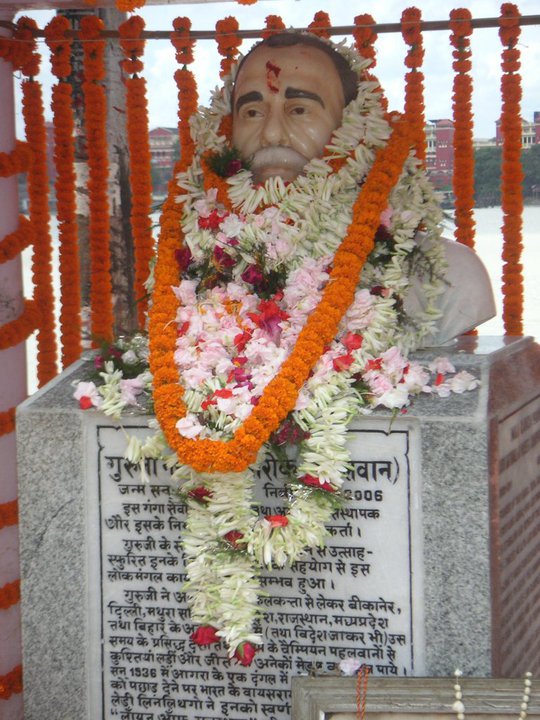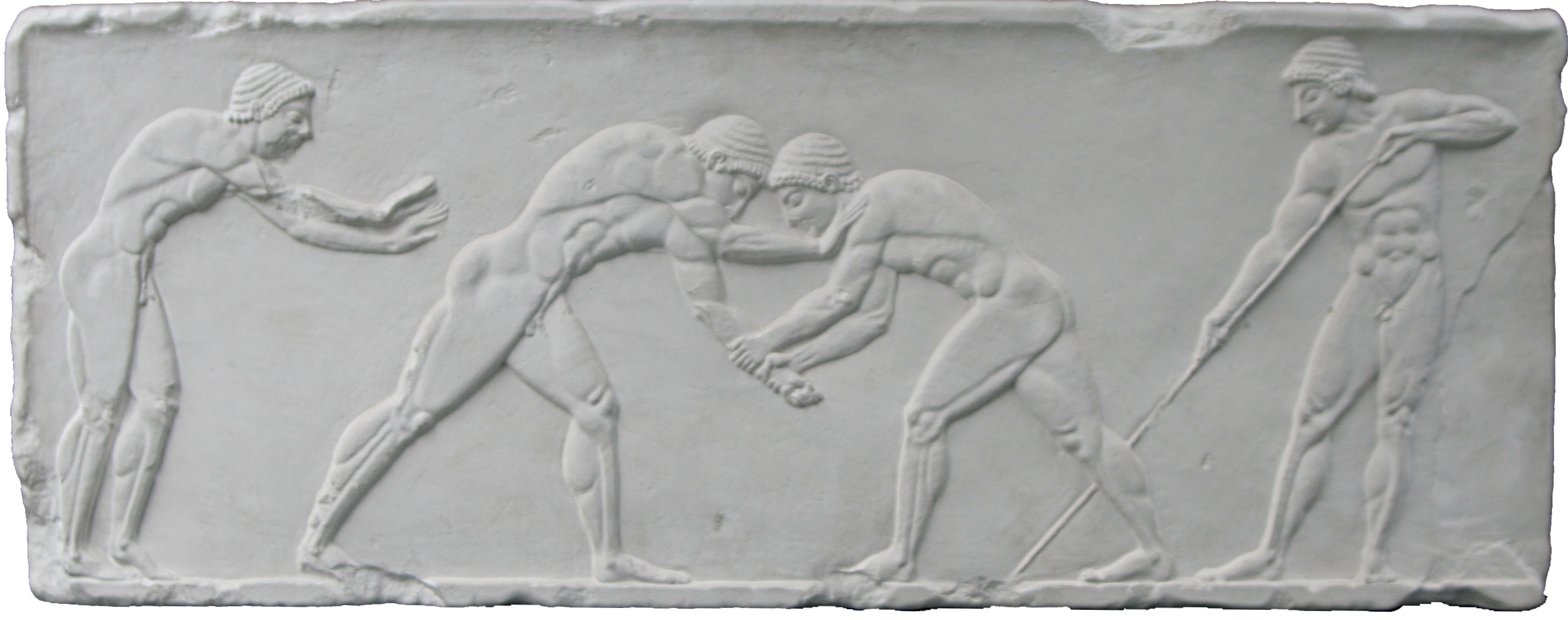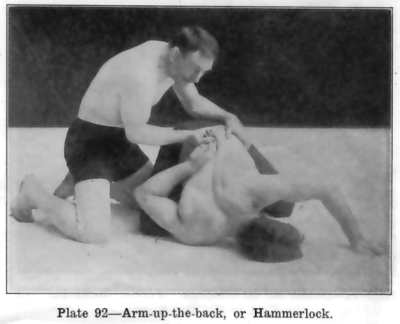|
Pehlwani
Pehlwani, (पहलवानी) also known as Kushti, is a form of wrestling contested in South Asia. It was developed in the Mughal Empire by combining Persian Koshti pahlevani with influences from native Indian Malla-yuddha. The words ''pehlwani'' and ''kushti'' derive from the Persian terms ''pahlavani'' (heroic) and ''koshti'' (wrestling, lit. killing) respectively, meaning Heroic wrestling. A practitioner of this sport is referred to as a ''pehlwan'' (Persian word for ''hero'') while teachers are known as ustad (Persian word for ''teacher'' or ''master''). One of the most famous practitioners of Pehlwani was The Great Gama (Ghulam Mohammad Baksh Butt), who is considered one of the greatest wrestlers of all time. Kodi Rammurthy Naidu was another example. Brahmdev Mishra was also a great example of Indian wrestler who was known for his technique and physique not only in India but all over the world. Pehlwani is one among the sports that influenced catch wrestling, which i ... [...More Info...] [...Related Items...] OR: [Wikipedia] [Google] [Baidu] |
Nathmal Pahalwan
Nathmal Pahalwan also known as Nathu Pahalwan, Nathmal Pareek and Nathmal Kathotia (1911–2006) was a professional wrestler and a community activist from Calcutta, India. He was the founder oGanga Seva Samiti Ghat and the wrestling arena in Calcutta, India. He was popularly known as Guruji (Master Teacher) and Pahalwanji (Wrestler in Hindi) by his close friends and disciples. Guruji's dedication and persistent efforts inspired his close friends and disciples to support the holy mission of building a safe ghat for people to worship in the river Ganges and offer prayers at the nearby temples. In English- and/or Hindi-speaking areas 'ghats' refers to the areas, in the holy river-side cities like Haridwar, Varanasi, Calcutta - where there is a stairway to access the Ganges River. People take a holy dip and shower in the river. History During the early to mid-1900s, in India, wrestling took place in clay or dirt pit. The soil is mixed with milk and ghee (pasteurized butter) an ... [...More Info...] [...Related Items...] OR: [Wikipedia] [Google] [Baidu] |
Gobar Guha
Jatindra Charan Guha (13 March 1892 – 2 January 1972), popularly known by his ring name Gobar Guha , was an Indian wrestler and practitioner of Pehlwani. He was the first Asian to win the World Light Heavyweight Championship in the United States in 1921. Early life Gobar came from a family of wrestlers. The Goho family had been known for pioneering, promoting and popularising the art of Pehlwani and physical culture in Bengal, for generations. His great-grandfather had set up an ''akhara'' at Masjidbari Street. His forebears included the legendary Ambu babu, and Khetu babu, who tutored Swami Vivekananda in the finer points of wrestling. His father Ram Charan too was well-versed in the art. Gobar was born to Ram Charan in 1892 in Kolkata. He began his initial training under the guidance of his grandfather Ambika Charan Guha. He also took lessons from his uncle Khetra Charan Goho and father Ram Charan Goho. He began rigorous training under famous Indian wrestlers like Khols ... [...More Info...] [...Related Items...] OR: [Wikipedia] [Google] [Baidu] |
Sushil Kumar (wrestler)
Sushil Kumar Solanki (born 26 May 1983) is a former Indian wrestler. He carried the Indian flag at the opening ceremony of 2012 London Olympics. His 2008 Olympic medal was second for India in wrestling, and the first since Khashaba Dadasaheb Jadhav's bronze medal at the 1952 Summer Olympics. In July 2009, he received the Major Dhyan Chand Khel Ratna – India's highest honour for sportspersons. On 3 October 2010, Kumar handed the Queen's Baton to Prince Charles in the Queen's Baton Relay for the 2010 Commonwealth Games Opening Ceremony.CBC, 2010 Commonwealth Games, Opening Ceremonies, airdate 3 October 2010, 9:00am-12:30pm (Eastern), c. 2h20m mark, CBC Television main network"CWG Opening ceremony: Live Blog" , Geetika Rustagi, ''3 October 2010'' (Retrieved 5 October 2010) Sushil won the [...More Info...] [...Related Items...] OR: [Wikipedia] [Google] [Baidu] |
Narsingh Yadav
Narsingh Pancham Yadav (born 6 August 1989) is an Indian wrestler. At the 2010 Commonwealth Games, he won the gold medal in the men's freestyle 74 kg category. He was banned for 4 years and barred from the 2016 Olympics in Rio de Janeiro by the Court of Arbitration for Sport after the World Anti-Doping Agency (WADA) appealed against the decision of the National Anti-Doping Agency to allow him to compete even after he failed a doping test by testing positive for anabolic steroids. The National Anti-Doping Agency claimed Yadav's sample had been sabotaged by a rival. He is triple Maharashtra Kesari, a title in Indian kushti. He is the first wrestler to win the title 3 times in a row for 2011, 2012 and 2013. He was awarded Arjuna Award in 2012 for his contribution to the wrestling. Personal life and family Narsingh Yadav is the son of Pancham Yadav and Bhulna Devi from eastern Uttar Pradesh. Narsingh and his brother Vinod both lived with their father Pancham and his mother ... [...More Info...] [...Related Items...] OR: [Wikipedia] [Google] [Baidu] |
Mughal Empire
The Mughal Empire was an early-modern empire that controlled much of South Asia between the 16th and 19th centuries. Quote: "Although the first two Timurid emperors and many of their noblemen were recent migrants to the subcontinent, the dynasty and the empire itself became indisputably Indian. The interests and futures of all concerned were in India, not in ancestral homelands in the Middle East or Central Asia. Furthermore, the Mughal empire emerged from the Indian historical experience. It was the end product of a millennium of Muslim conquest, colonization, and state-building in the Indian subcontinent." For some two hundred years, the empire stretched from the outer fringes of the Indus river basin in the west, northern Afghanistan in the northwest, and Kashmir in the north, to the highlands of present-day Assam and Bangladesh in the east, and the uplands of the Deccan Plateau in South India. Quote: "The realm so defined and governed was a vast territory of some , rang ... [...More Info...] [...Related Items...] OR: [Wikipedia] [Google] [Baidu] |
Wrestling
Wrestling is a series of combat sports involving grappling-type techniques such as clinch fighting, throws and takedowns, joint locks, pins and other grappling holds. Wrestling techniques have been incorporated into martial arts, combat sports and military systems. The sport can either be genuinely competitive or sportive entertainment (see professional wrestling). Wrestling comes in different forms such as freestyle, Greco-Roman, judo, sambo, folkstyle, catch, submission, sumo, pehlwani, shuai jiao and others. A wrestling bout is a physical competition, between two (sometimes more) competitors or sparring partners, who attempt to gain and maintain a superior position. There are a wide range of styles with varying rules, with both traditional historic and modern styles. The term ''wrestling'' is attested in late Old English, as ''wræstlunge'' (glossing ''palestram''). History Wrestling represents one of the oldest forms of combat. The origins of wrestl ... [...More Info...] [...Related Items...] OR: [Wikipedia] [Google] [Baidu] |
Pahlevani And Zoorkhaneh Rituals
Pahlevani and zourkhaneh rituals is the name inscribed by UNESCO for varzesh-e pahlavāni ( fa, آیین پهلوانی و زورخانهای, "heroic sport") or varzesh-e bāstāni (; , "ancient sport"), a traditional system of athletics and a form of martial arts originally used to train warriors in Iran (Persia), and first appearing under this name and form in the Safavid era, with similarities to systems in adjacent lands under other names. Outside Iran, zoorkhanehs can now also be found in Azerbaijan, and Afghanistan, and were introduced into Iraq in the mid-19th century by the Iranian immigrants, where they seem to have existed until the 1980s before disappearing. This is most likely attributed to the genocide and exile of ethnic Persians in Iraq under Saddam Hussein. Where ethnic Persians were largely forcibly exiled out of Iraq and into Iran. It combines martial arts, calisthenics, strength training and music. It contains elements of pre-Islamic and post-Islamic cultu ... [...More Info...] [...Related Items...] OR: [Wikipedia] [Google] [Baidu] |
Malla-yuddha
Malla-yuddha (Sanskrit: मल्लयुद्ध, ) is the traditional form of combat-wrestling originating in India. It is closely related to Southeast Asian wrestling styles such as naban and is one of the two ancestors of kushti. Indian wrestling is described in the 13th century ''Malla Purana''. Malla-yuddha incorporates wrestling, joint-breaking, punching, biting, choking and pressure point striking. Matches were traditionally codified into four types which progressed from purely sportive contests of strength to actual full-contact fights known as ''yuddha''. Due to the extreme violence, this final form is generally no longer practised. The second form, wherein the wrestlers attempt to lift each other off the ground for three seconds, still exists in south India. Additionally, malla-yuddha is divided into four categories (see below). Each yuddhan is named after Hindu gods and legendary fighters: * ''Hanumanti'' - concentrates on technical superiority. * ''Jambuvanti'' - ... [...More Info...] [...Related Items...] OR: [Wikipedia] [Google] [Baidu] |
Wrestling
Wrestling is a series of combat sports involving grappling-type techniques such as clinch fighting, throws and takedowns, joint locks, pins and other grappling holds. Wrestling techniques have been incorporated into martial arts, combat sports and military systems. The sport can either be genuinely competitive or sportive entertainment (see professional wrestling). Wrestling comes in different forms such as freestyle, Greco-Roman, judo, sambo, folkstyle, catch, submission, sumo, pehlwani, shuai jiao and others. A wrestling bout is a physical competition, between two (sometimes more) competitors or sparring partners, who attempt to gain and maintain a superior position. There are a wide range of styles with varying rules, with both traditional historic and modern styles. The term ''wrestling'' is attested in late Old English, as ''wræstlunge'' (glossing ''palestram''). History Wrestling represents one of the oldest forms of combat. The origins of wrestl ... [...More Info...] [...Related Items...] OR: [Wikipedia] [Google] [Baidu] |
Persian Language
Persian (), also known by its endonym Farsi (, ', ), is a Western Iranian language belonging to the Iranian branch of the Indo-Iranian subdivision of the Indo-European languages. Persian is a pluricentric language predominantly spoken and used officially within Iran, Afghanistan, and Tajikistan in three mutually intelligible standard varieties, namely Iranian Persian (officially known as ''Persian''), Dari Persian (officially known as ''Dari'' since 1964) and Tajiki Persian (officially known as ''Tajik'' since 1999).Siddikzoda, S. "Tajik Language: Farsi or not Farsi?" in ''Media Insight Central Asia #27'', August 2002. It is also spoken natively in the Tajik variety by a significant population within Uzbekistan, as well as within other regions with a Persianate history in the cultural sphere of Greater Iran. It is written officially within Iran and Afghanistan in the Persian alphabet, a derivation of the Arabic script, and within Tajikistan in the Tajik alphabet, a der ... [...More Info...] [...Related Items...] OR: [Wikipedia] [Google] [Baidu] |
Ustad
Ustād or ostād (abbreviated as Ust., Ut. or Ud.; from Persian language, Persian ) is an honorific title used in West Asia, North Africa, South Asia and Southeast Asia. It is used in various languages such as Persian language, Persian, , Azerbaijani language, Azerbaijani, Urdu, Hindi, Bengali language, Bengali, Marathi language , Marathi, Maldivian language, Dhivehi, Punjabi language, Punjabi, Pashto language, Pashto, Turkish language, Turkish, Indonesian language, Indonesian, Malay language, Malay and Kurdish languages, Kurdish. Etymology The Persian language, Persian word () is from Middle Persian (, 'master, craftsman'). Usage The title precedes the name and was historically usually used for well-regarded teachers and Islamic art, artists. It can be used for any sort of master of an art or occupation; for example, an acknowledged master motorcycle mechanic would be addressed as ''ustad''. The term is also used by an apprentice (''shagird'') for their teacher. In Persi ... [...More Info...] [...Related Items...] OR: [Wikipedia] [Google] [Baidu] |
Catch Wrestling
Catch wrestling (originally catch-as-catch-can) is a classical hybrid grappling style and combat sport. It was developed by J. G. Chambers in Britain . It was popularised by wrestlers of travelling funfairs who developed their own submission holds, or "hooks", into their wrestling to increase their effectiveness against their opponents. Catch wrestling derives from various different international styles of wrestling: several English styles (primarily Lancashire, as well as Cumberland and Westmorland wrestling, Devonshire, and Irish collar-and-elbow wrestling). The training of some modern submission wrestlers, professional wrestlers and mixed martial artists is founded in catch wrestling. Professional wrestling, once a legitimate combat sport, was competitive catch wrestling. The original and historic World Heavyweight Wrestling Championship was created in 1905 to identify the best catch as catch can wrestler in the world, before the belt was retired in 1957 and unified with ... [...More Info...] [...Related Items...] OR: [Wikipedia] [Google] [Baidu] |





.jpg)



